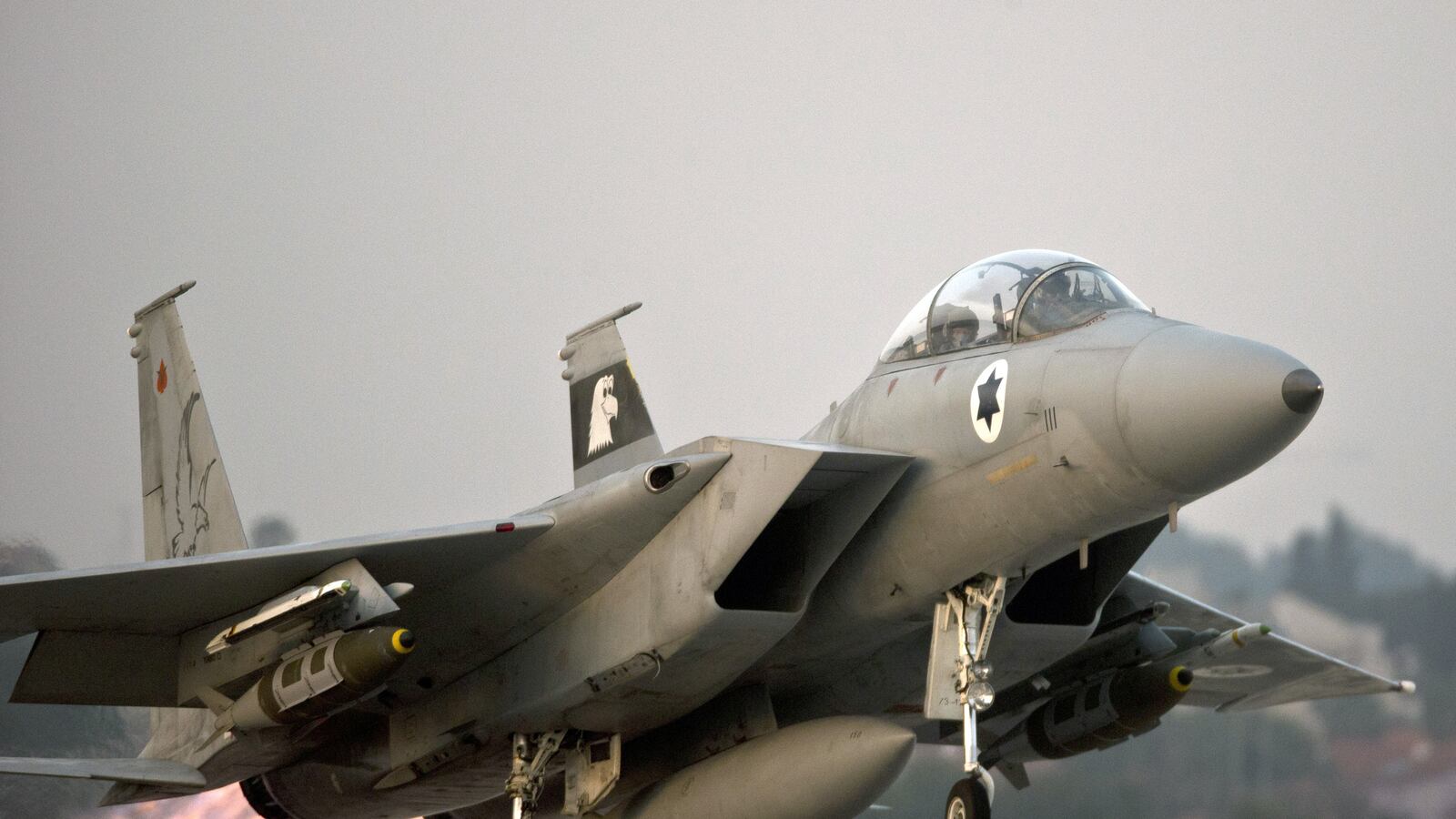Gil Troy, responding to news that Israel may have struck Syrian chemical weapons—or SA-17 surface-to-air missiles (reports remain unclear)—recommends a “raid” to secure Syria’s chemical weapons. The complexity of such a venture's actual requirements, combined with the exaggeration of the threat, make it an incredibly dangerous idea.

Seizing Syria’s chemical weapons sites would require at least 75,000 ground troops, according to Pentagon estimates. Simply clearing Syrian airspace would require around six times as many aircraft as employed in Libya—and supporting ground troops would require yet more still. “Raid” or not, any incursion into Syrian territory, especially into weapons depots co-located with major population centers and Syrian military deployments, will resemble a full-fledged invasion. Any operation that requires sending thousands of troops into a hostile state, and leaving them there until a new regime emerges, is not just an invasion but also an occupation of discrete parts of Syria.
Not only that, but such an incursion would be heavily reliant on the U.S., since virtually no other country is currently prepared to conduct any kind of large-scale ground incursion deep into Syrian territory. In Libya, the U.S. disproportionately provided the sophisticated requirements of dismantling air defenses, providing surveillance and reconnaissance, and refueling and airlift. (The U.S. also assists even powerful militaries such as France's with similar tasks in Mali.) In Syria, the lack of foreign militaries properly trained and equipped for dealing with chemical weapons would force U.S. ground capabilities into the lead, too. Potential ground allies, such as Jordan and Turkey, will not be able to independently launch deep operations into Syria. (Regardless, they have more pressing concerns with border security.)
Keeping troops deployed only until “some stable Syrian leadership emerges” is not a prophylactic against mission creep: it's an invitation. Libya—again, the example—still lacks a government that can prevent arms trafficking. Guarding Syrian depots would provide potentially ripe targets for pro-regime insurgents, Lebanese Hezbollah, Iranian Pasdaran, and radical rebel groups such as Jabhat al Nusra which may sour to Western troops. Waiting until a Syrian government emerges is not a plan but a prayer, particularly if the invasion occurs before the rebels are actually strong enough to overthrow the Syrian government themselves.
Those difficulties aside, an invasion is out of proportion with Syria’s chemical weapons threat. While horrific and dangerous, chemical weapons' value for non-state actors is more psychological than practical. Al Qaeda in London killed more people and wounded nearly as many with cheap, simple backpack bombs than Aum Shinrikyo did in the Tokyo Sarin attack. Chemical weapons are expensive to operate, dangerous to transport, and easier to track—and require massive use with artillery and aircraft to be truly effective. The thousands learning bombmaking and infantry tactics in Syria are a more probable threat to the U.S. and many of its allies than chemical weapons. Gas is dangerous, but hardly worth a ground campaign in Syria.
Israel is not taking out the world’s garbage—it is conducting limited airstrikes, as it has done in Sudan and elsewhere, to prevent weapons shipments to or within its borders. While conducting such strikes is arguably justifiable, it is hardly doing the rest of the world a favor worth repaying with a war of this scale. Instead, like Israel, the rest of the world ought make measured judgments about discrete threats beyond its borders. None of those require what would be the largest and most reckless military operation since the Iraq War. Given tightening defense budgets, expanding al Qaeda threats in North Africa, an ongoing war in Afghanistan, and rising tension in Asia, putting troops into Syria is the last thing the U.S. needs. In the eyes of history, what appears to be quick and decisive often becomes rash and reckless.





